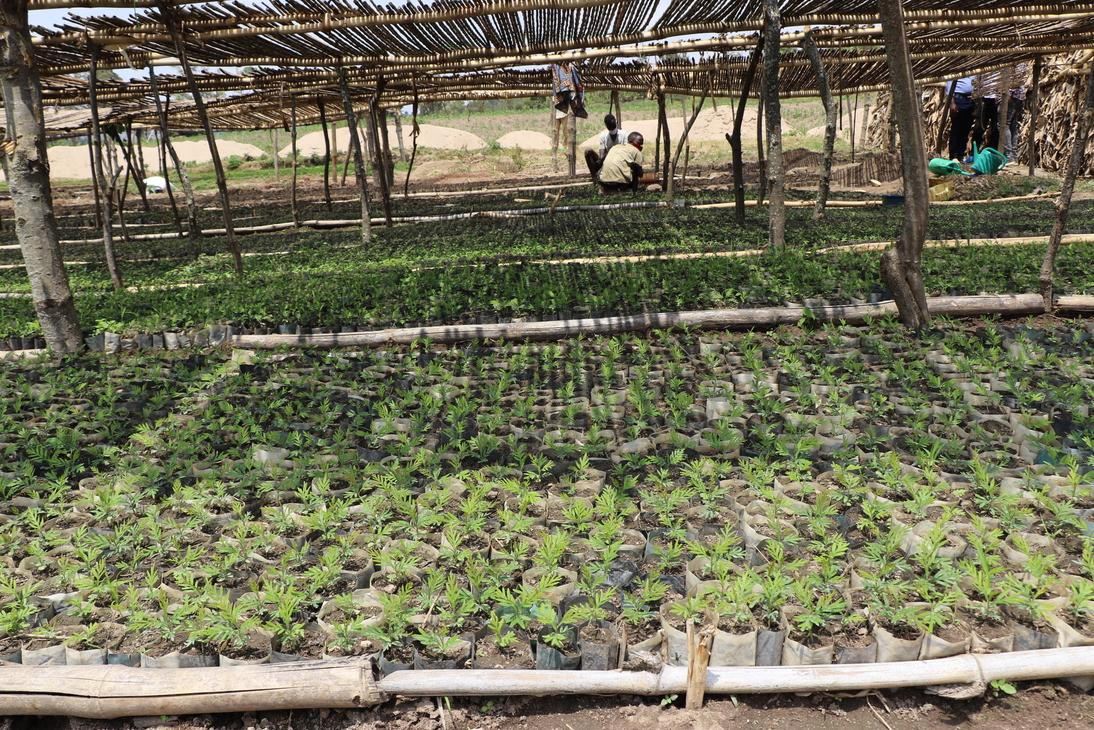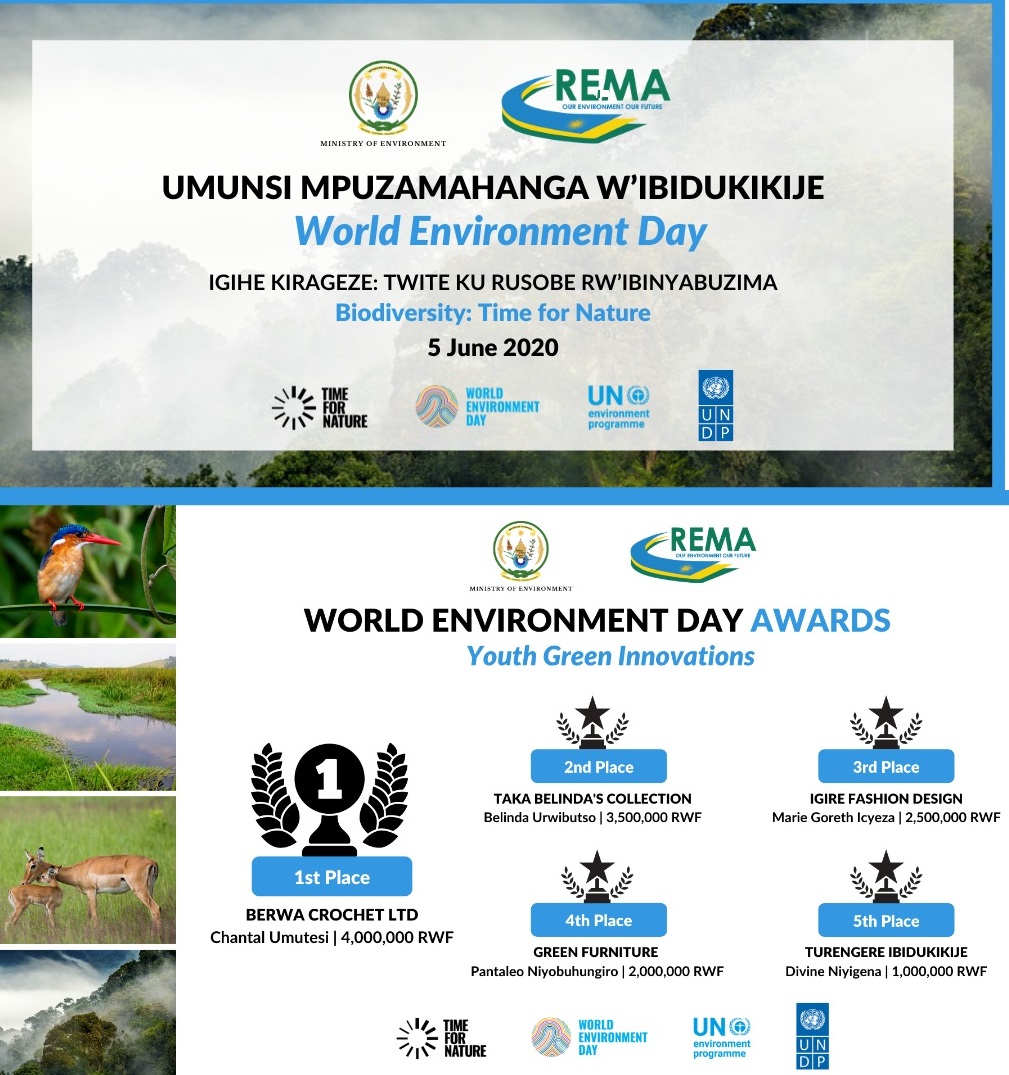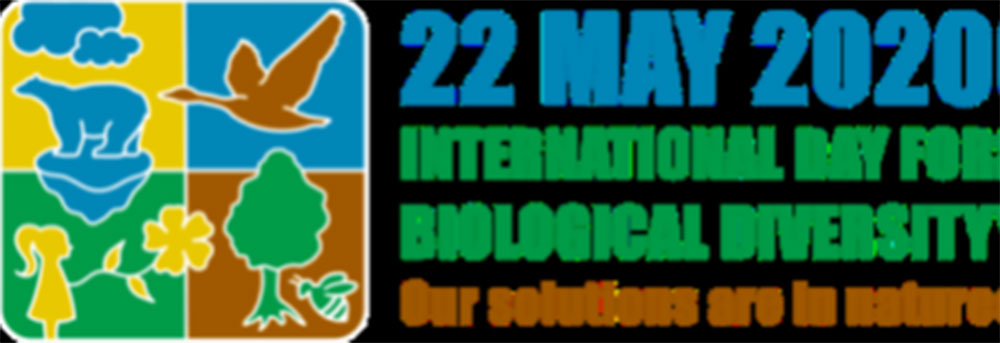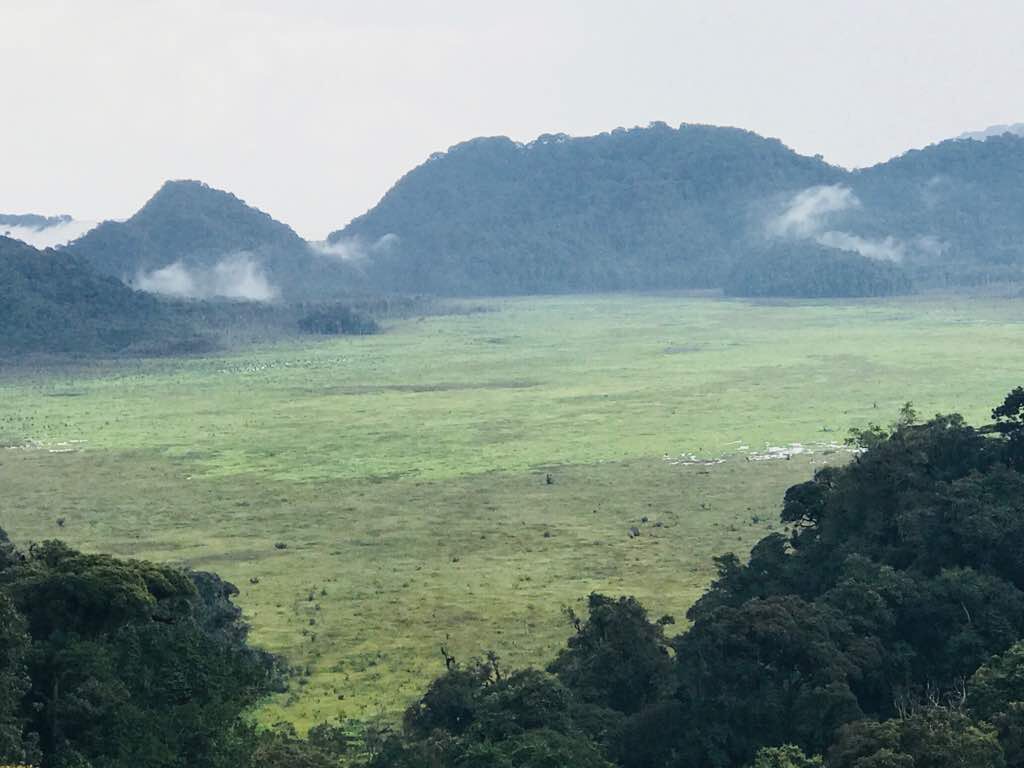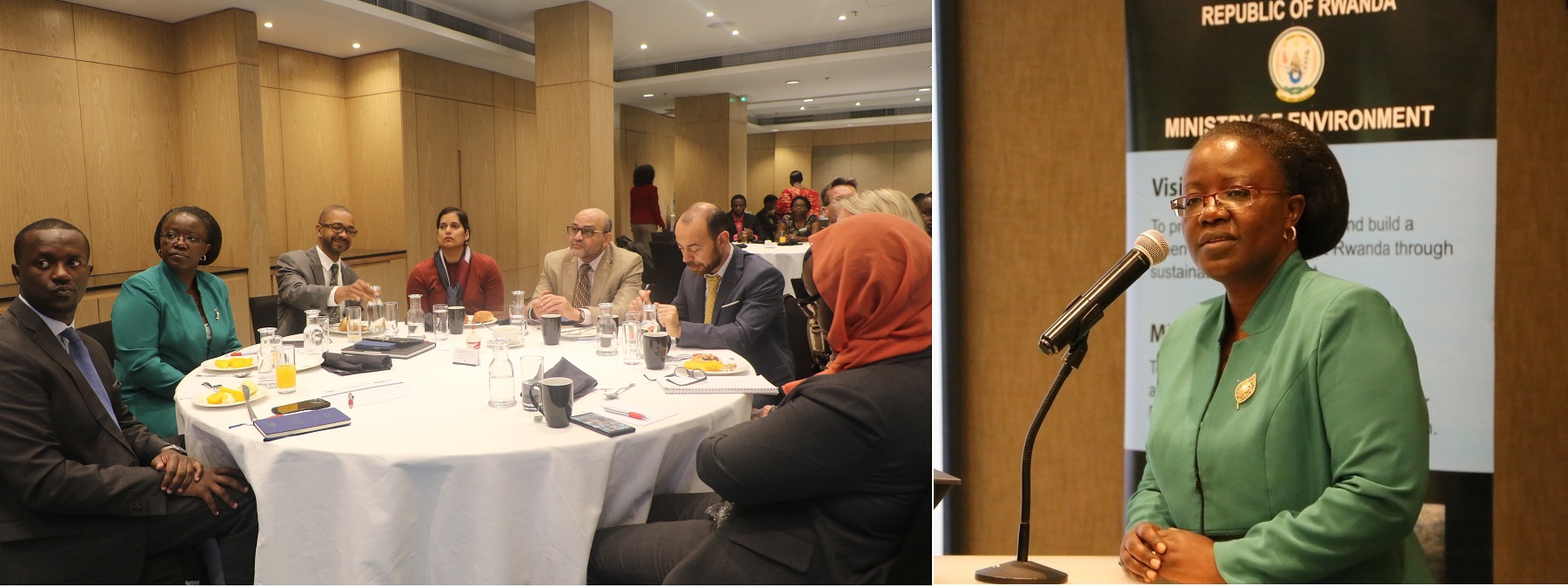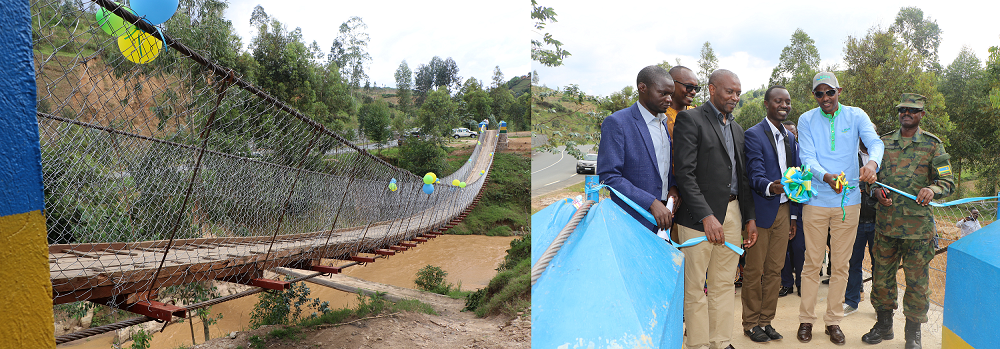
Districts are encouraged to press ahead with the implementation of the ‘green economy’ plans – Report on Climate Change Vulnerability Assessment
Kigali, 26 June, 2019 – The Rwanda Environment Management Authority (REMA) has disseminated the findings of the 2018 Climate Change Vulnerability Assessment Report. Findings were presented to different stakeholders and discuss the best ways to put into practice recommended policy and strategic actions.
The 2018 climate change vulnerability assessment aimed at tracking changes and update data for the national climate change vulnerability indicators for 2015 and 2018; assessing and providing a household based index of climate change vulnerability at district and province levels and providing updated policy and strategy recommendations to address any identified vulnerabilities as necessary.
Global changes in climate are affecting Rwanda in many complex ways. These include climate related hazards such as floods, landslides and droughts as well as windstorms and severe rainstorms that have struck Rwanda in recent years with devastating effects on the population. These hazards have affected all districts and individual households across the nation – affecting the livelihoods and food security of rural and urban populations as well as the agricultural, energy, health, water, natural resource and institutional systems on which the population depends.
According to this report, findings reveal that Southern Province as the most vulnerableamong the four provinces and the City of Kigali. It also finds Huye District, in Southern Province, as the most vulnerable among the 30 districts. Four districts are assessed as having the highest vulnerability in the country – 3 of them located in Southern Province: Gisagara, Huye and Ruhango Districts together with Karongi District in Western Province.
Furthermore, the report identifies Northern Province as having the lowest vulnerabilityamong the four provinces and the City of Kigali. Gasabo District is identified as having the lowest vulnerability among the 30 districts. A total of 11 districts fall into the category of low vulnerability: 3 districts in City of Kigali, 1 district in Southern Province, all 5 districts in Northern Province and two districts in Eastern Province. The remaining 15 districts have mediumvulnerability.
Alphonse Mutabazi, Climate Change Program Manager at REMA said:
The capacity and scale of adaptation to climate change depends on the vulnerability of people and natural systems to the impacts where vulnerability is susceptibility shaped by exposure, sensitivity and resilience".
He added:
"In relation to climate change, vulnerability relates to direct effects such as more storms, floods, hot weather, lower or higher rainfall that lead to indirect effects such as lower productivity from changing ecosystems or disruption to economic system". Said Mutabazi:
Districts are encouraged to press ahead with the implementation of the ‘green economy’ plans within their District Development Strategies (DDS). Where possible districts should review their development strategies and planned projects and ensure their plans are informed by this report’s assessment of their climate vulnerabilities, and by future climate scenario.
Read the full report:
https://rema.gov.rw/cc_vulnerability_Rwanda(2018)-Final_report.pdf
Topics
More posts
Umushinga FLR (Mayaga Project) ugiye gutera ibiti bisaga miriyoni mu gace k’Amayaga mu 2020/2021
Umushinga Forest Landscape Restoration (FLR Mayaga) ukorera mu kigo cy’igihugu cyita ku bidukikije (REMA) ugiye gutera ibiti bibarirwa muri 1,375,792…
What is the Progress on the Development of Nyandungu Eco-Tourism Park Project?
In May 2016, Rwanda Environment Management Authority (REMA) signed a five years’ project implementation agreement up to 2021 with Rwanda Green Fund…
Rwanda commits to a green recovery on World Environment Day
At this year’s World Environment Day celebration, Rwanda has committed to a green, sustainable recovery as the country manages the impacts of the…
Abanyarwanda barakangurirwa kubungabunga urusobe rw’ ibinyabuzima
Buri mwaka, ku wa 05 Kamena isi yose yizihiza Umunsi Mpuzamahanga w’Ibidukikije. Mu Rwanda bimaze kuba umuco ko uyu munsi ubanzirizwa n’icyumweru…
International Day for Biological Diversity 2020
We are celebrating the International Day for Biological Diversity (IDB) on 22 May 2020, under the theme is "Our solutions are in nature". The United…
World Wetlands Day Focuses on Biodiversity
Kigali, 31 January, 2020 - Rwanda celebrated World Wetlands Day on 31 January, 2020 with conference aimed to showcase studies conducted on wetlands…
Rwandans Urged to Stand Committed to Conserving Wetlands
Kigali | 30 January 2022 - Every year, Rwanda joins the world in commemoration of the World Wetlands Day (WWD), celebrated on 2nd February with the…
ENR Sector and Development Partners meet to Discuss on Mainstreaming of Environment and Natural Resources Management in Development Programmes
The Environment and natural resources sector has yesterday met with development partners in a high level breakfast meeting to discuss on continued…
Ngororero: Two Pedestrian Bridges Inaugurated to Support Community Climate Resilience
Two Suspended pedestrian bridges were yesterday inaugurated in Ngororero District to solve rural isolation that has been affecting the community…
